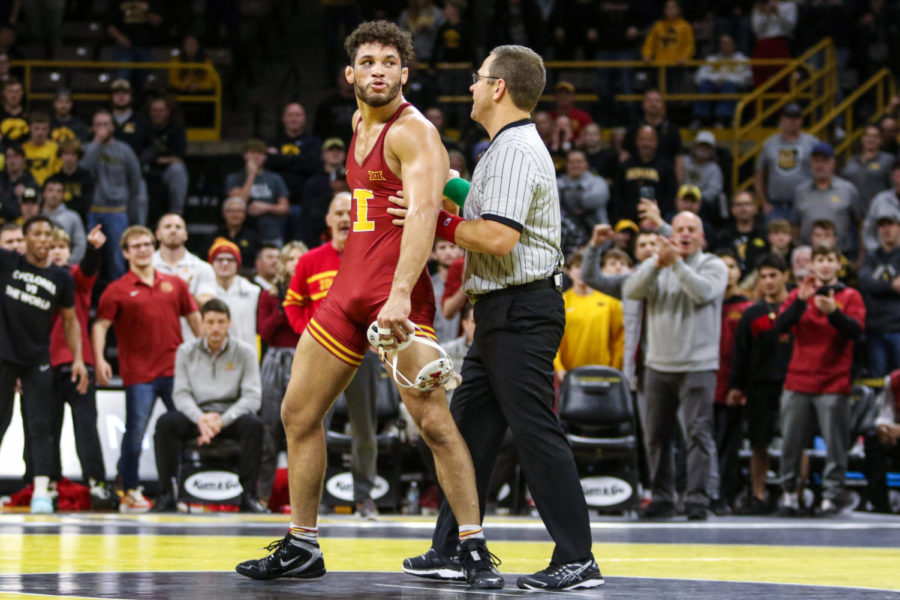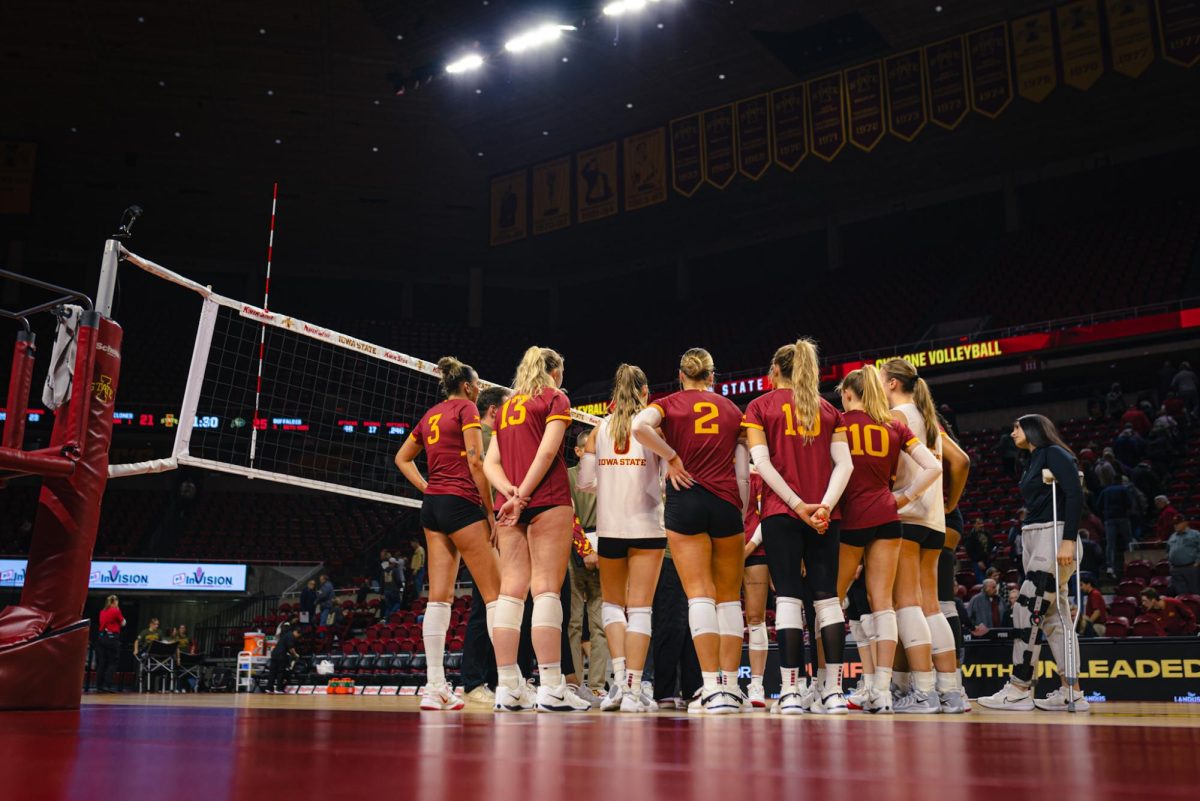Court keeps church and state separate
March 4, 2004
Intriguing? Sure. Controversial? Doubtless.
Precedent-setting? We don’t think so, and here’s why.
The Supreme Court ruled a week ago that states, in particular Washington, don’t need to fund the theological training of aspiring ministers, in particular the program at Northwest College (a private church-affiliated school) for Joshua Davey, winner of a $1,500 per year scholarship sponsored by the state legislature.
The Court voted strongly, 7-2, against Davey’s appeal for use of the money toward his theology degree. And the ruling was completely in line — as Chief Justice William Rehnquist’s opinion notes, “Training someone to lead a congregation is an essentially religious endeavor. Indeed, majoring in theology, is akin to a religious calling as well as an academic pursuit.” The First Amendment prohibits the state from legislating an establishment of religion, so everything checks out here.
Trouble is, it’s hard to see how, barring some generous inference into the minds of the “swing” justices, this case really changes very much about the way states and the U.S. government conduct business.
Much of Rehnquist’s argument is devoted to reciting reasons the loss of the scholarship money isn’t burdensome to Davey. He is still free to exercise all his rights, simply without state money; he can even still attend Northwest College and take a heaping plate of “devotional” courses, so long as he isn’t striving for a theology degree.
Rehnquist’s conclusion is the coldest bucket of water on the heads of those opposing school vouchers and other funding of ambiguously religious groups: “We need not venture further into this difficult area in order to uphold …”
Oops. We’ll meet back here again, trust us — the Davey ruling simply doesn’t say all that much.
Antonin Scalia, who authored the dissent, does, as usual, look for conspiracies of hidden precedent throughout the majority opinion. However, in at least one instance, his warnings ought to be heeded, simply because nobody denies that religion and protecting freedom of religious expressions are issues as complicated and multifaceted as they come.
“It may be that Washington’s original purpose in excluding the clergy from public benefits was benign,” Scalia writes. “But those singled out for disfavor can be forgiven for suspecting more invidious forces at work.”
In short, it’s not a stretch of the imagination to point out that Christians like Davey may think this ruling is another wave in a torrent of opposition to biblical values. If the perception is there — real or no — the Court would do well to carefully address concerns about freedom of religious practice in future decisions on this topic.






